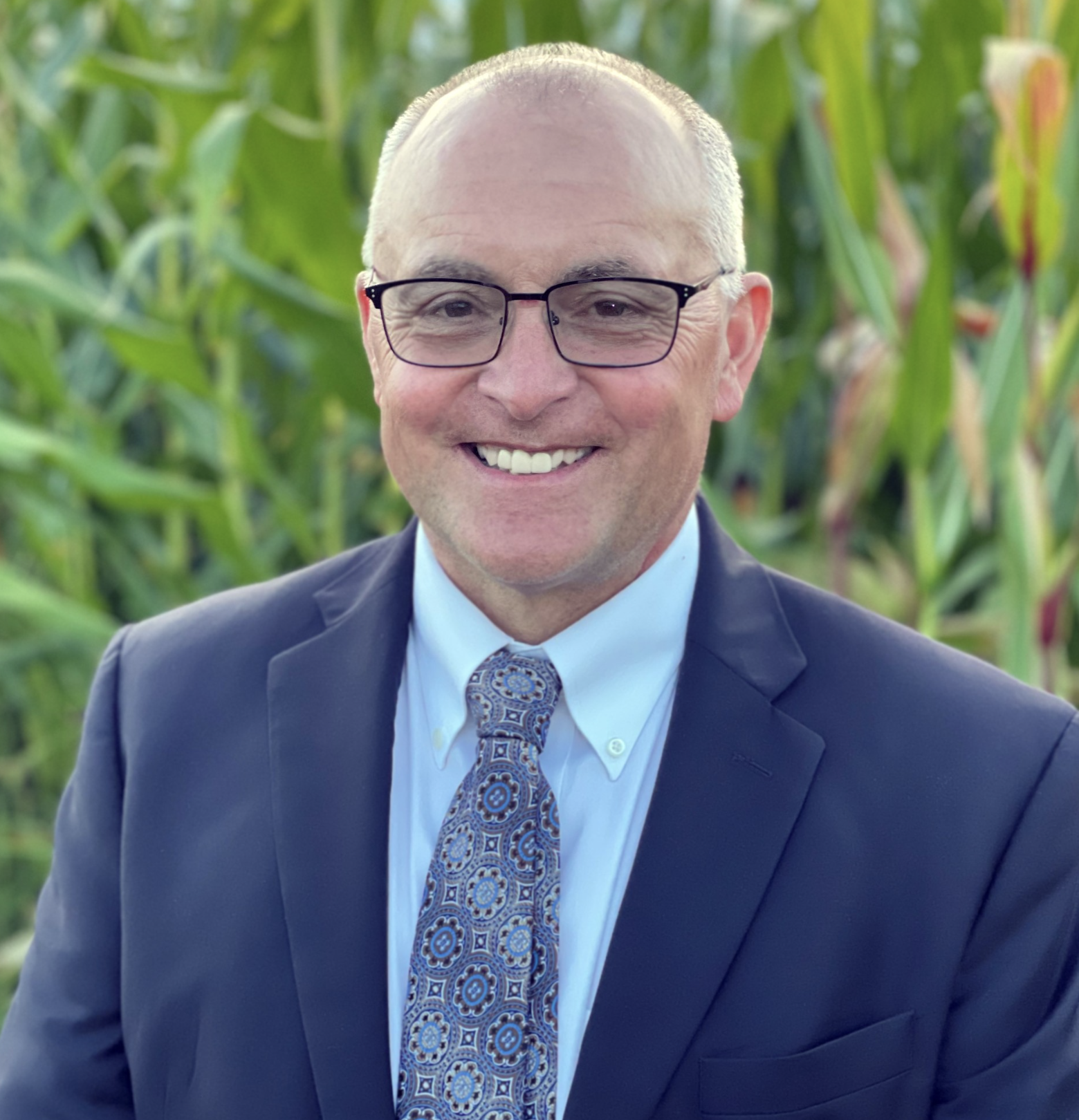
Agricultural Budget Funding Critical for NYS Farmers
If there is one thing that we can all agree on, it’s food. Farmers love to grow it. We all love to eat it. And New Yorkers prefer to buy local.
This was on display during New York Farm Bureau’s popular Taste of NY reception and Lobby Day this week in Albany. Food brings people together. It opens the doors to conversation and building stronger relationships. We are grateful to Gov. Hochul and the dozens of lawmakers from both sides of the aisle who attended this great event.
New York Farm Bureau found most people also believe food and farming matter to their local economy. We commissioned a Marist Poll survey last November and found 83% of New Yorkers believe family farms contribute a great or good amount of economic value to the state. It doesn’t matter where you live, what political party you belong to, or how much money you make. A strong majority in every demographic category believes in the value of local agriculture.
Now we just need to find the same common ground in lifting up our farmers and expanding a food system that works for everyone. We do have some work on our hands.
The 2022 USDA Agricultural Census just came out last month. New York State lost nearly 3,000 farms in the past five years. That is about nine percent of all farms in the state, the biggest drop in decades. One reason why is costs are up across the board with more expensive labor being the biggest driver, up 41% since 2017. We also saw a loss of about 300,000 acres of farmland. This is land that will likely never come back into production, and we need all the farmland we can get. Working land provides sustenance, open spaces, and job opportunities.
New York Farm Bureau is committed to meeting this challenge and looking for opportunities. The first step is passing a strong state budget for agriculture. There is a lot of positive momentum coming out of Gov. Hochul’s executive budget. It funds critical environmental, animal health, and research programs that farmers use and depend on to improve best management practices. This includes significant funding for agricultural programs in the Environmental Protection Fund, money to support workforce development and farm safety, and new funding to help modernize dairy infrastructure.
The budget also promotes New York grown products which helps businesses grow and generates additional economic activity for the state. And New York Farm Bureau is supporting efforts to expand market opportunities, including growing Nourish NY and fully funding Healthy School Meals for All. Getting more local food into the hands of every New York school child is a no brainer.
Another positive addition would be allowing for the construction of farmworker housing to qualify for the refundable agricultural Investment Tax Credit that lawmakers supported last year. This would be an important step towards increasing modern, safe housing for valuable farm employees.
New York Farm Bureau is also supportive of growing our craft beverage markets. Many people travel across the state sampling delicious beer or liquor made with New York farm products but may not always find those beverages on their store shelves back home. It is time the brewers, cider makers, and distilleries have the same ability to ship directly to their customers that wine makers have. Even local liquor stores have home delivery, but not the farmers. It is a matter of fairness.
On the flip side, let’s be careful we don’t increase regulatory costs that will stifle local production. Extended Producer Responsibility proposals would upend how we recycle in New York, putting the responsibility on the backs of businesses like our wineries and dairy processors. I don’t think this was the intention, but it will be the fall out. I get we need to find better ways to conserve and reuse, but it must be done right. We need more investment in recycling companies to establish a better market in the state. Perhaps an even better bottle bill is the way to go.
Farmers are doing their part to increase sustainability efforts. The 2022 Agriculture Census found 200,000 more acres adopted climate friendly practices like no-till and cover cropping since 2017. We are investing more in soil health, better nutrient management, and renewable energy. We are supporting research to reduce pesticide use and improve animal nutrition.
Despite this, Farm Bureau members are concerned that the state deadlines for electrification are moving too far too fast. It isn’t that we are opposed to electric vehicles, it is that the means don’t yet exist on the farm. We are not close to having affordable, reliable electric tractors and combines. Nor is there technology to allow for quick charging stations in the middle of farm fields during harvest. Also, we need reassurances that rural grid capacity can even handle what is expected from New Yorkers increased use. Putting the cart before the horsepower just isn’t possible, at least not yet. Setting arbitrary timelines isn’t following the science.
Finally, New York Farm Bureau is advocating for changes that will improve transportation infrastructure and reduce regulatory burdens that slow down the shipment of food and animals. There are times when a commercial vehicle hauling perishable items and livestock must stop at multiple Department of Transportation inspection sites. We believe there should be limits, if the vehicle passed inspection at one site on a given day, there shouldn’t be a need to stop again along the route. Also, there is a truck driver shortage. One change that could alleviate this pressure and reduce costs would be for New York State transportation law to offer an exemption from CDL for farm owners and employees hauling farm equipment or produce within 150 miles of a farm without an F or G endorsement. This would mirror the law in other states and could save farms hundreds, if not thousands of dollars on registration and training costs.
I know we can work through these challenges, reduce costly regulatory burdens, and find new ways together to support New York agriculture.
New York Farm Bureau believes that investing in New York’s family farms and strengthening our food system benefit every New Yorker, no matter where they live. This is evident in the Marist Poll survey. Let’s work collectively to expand opportunities to maintain that strong connection we have to diverse food and farm production in this state. We need our farms, and our farms need you to help in this effort.
David Fisher serves as president of the New York Farm Bureau.
*sponsored content*

